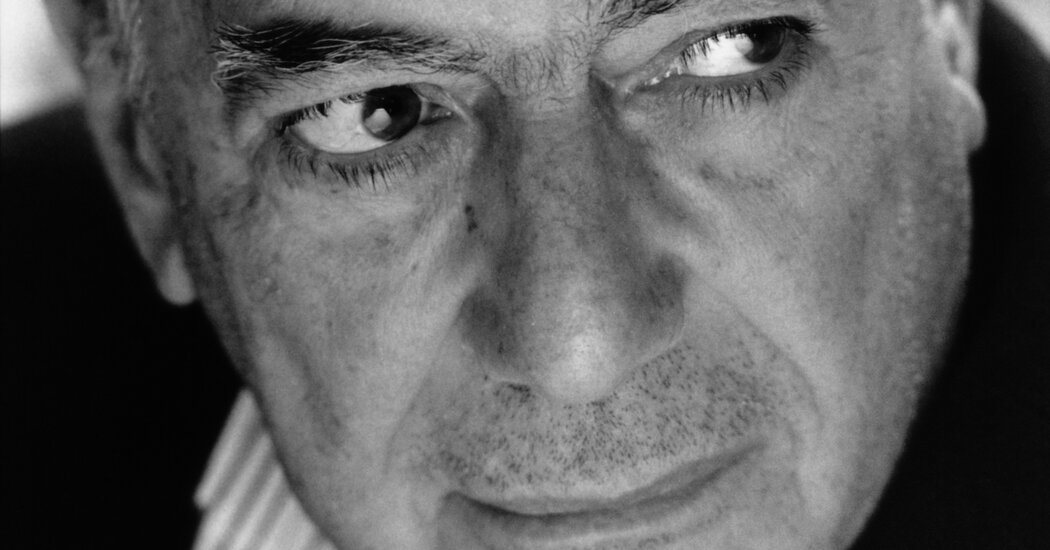That novel was “The Time of the Hero.” It has lost little of its impact. The bullying and torture among the cadets is intense and hard to stomach, but Vargas Llosa’s soulfulness and his bedrock interest in life are everywhere apparent. The writer spoke frequently about William Faulkner’s influence on his work, and that influence is felt in this novel’s nonlinear motion and its confident deployment of multiple perspectives.
“The Time of the Hero” put Vargas Llosa on the map in Latin America. His depiction of Leoncio Prado Military Academy was so coruscating that he claimed the school’s leaders made a public bonfire of hundreds of copies. It was also, in the words of a judge for Spain’s Premio Biblioteca Breve Prize, “the best novel in the Spanish language in the past 30 years.”
Vargas Llosa had, in the mid-1970s, a comedic period. His slight but gregarious novel “Captain Pantoja and the Special Service” (1973) is about Peruvian troops in the Amazon, the prostitutes who are brought in to attend to them, and the strait-laced captain who oversees the project.
“Aunt Julia and the Scriptwriter” (1977) is set in the world of radio novelas (soap operas). It’s about a young aspiring writer who marries his much-older aunt. (In real life, Vargas Llosa wedded his older aunt by marriage when he was 19.) A portrait of Peru in the 1950s, the book is sweet, offbeat and full of love for the movies the couples attend while courting.
The sex writing in Vargas Llosa’s novels was graphic, realistic and sometimes funny, but a courtliness attended it. In his memoir, “A Fish in the Water” (1993), he wrote:
To make a girl fall for you and formally declare that she is your sweetheart is a custom that was to decline little by little, until today it is something that to the younger generations, speedy and pragmatic when it comes to love, seems like prehistoric idiocy. I still have a tender memory of those rituals that love consisted of when I was an adolescent and it is to them that I owe the fact that that stage of my life has remained in my memory not only as violent and repressive but also as made up of delicate and intense moments that compensated me for all the rest.
His stormier memories may include the punch he threw at García Márquez, a friend, in 1976 at a film premiere. The details have never been made plain, but it was rumored that it had something to do with Vargas Llosa’s wife.



